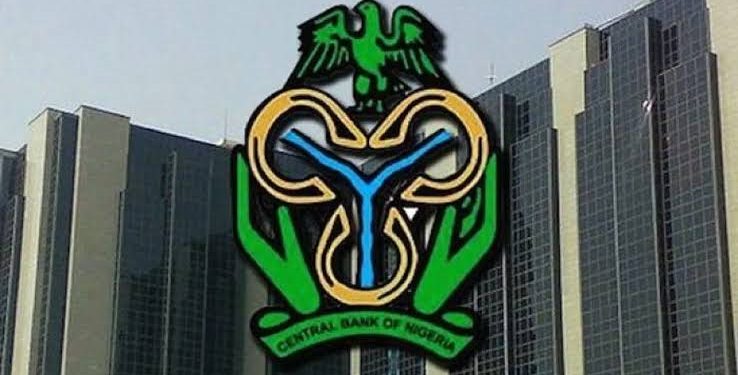Nigerian banks are increasingly relying on expensive short-term commercial papers (CPs) to manage liquidity shortages as the Central Bank of Nigeria (CBN) enforces stringent cash reserve policies, making deposit mobilization more costly.
Access Holdings Plc, Nigeria’s largest bank by assets, along with at least three other financial institutions, has issued or is in the process of issuing CPs to bolster liquidity. The shift comes as banks struggle to attract deposits due to rising costs imposed by the CBN’s monetary tightening measures.
Since raising the cash reserve ratio (CRR) to 50% in September 2023, the CBN has withdrawn N26.6 trillion from the banking system to control inflation and stabilise the naira. This policy has doubled the effective cost of raising deposits, with the real cost of a six-month deposit soaring to 36% in January, despite an average rate of 19%. Analysts highlight that banks effectively have access to only half of their total deposits because of the high CRR requirement.
The liquidity squeeze has been aggravated by successive interest rate hikes. Since early 2023, the CBN has raised its benchmark interest rate by 875 basis points, bringing it to 27.5%, while the standing lending facility rate—used for short-term liquidity support—now stands at 31.75%. These policies, intended to combat inflation and stabilise the foreign exchange market, have made it significantly more expensive for banks to secure funds through traditional deposits, forcing them to explore alternative financing sources.
With wholesale deposit rates rising and liquidity mismatches becoming more pronounced, banks are increasingly turning to CPs, which do not attract additional CRR deductions, unlike certificates of deposit. Analysts suggest that more banks will follow suit, given that wholesale deposit rates are higher than CP rates and often have shorter tenors.
“Other banks will follow to issue commercial papers as this is one of their funding tools,” said Samuel Sule, CEO of Renaissance Capital Africa.
While CP issuance provides temporary relief, industry experts warn that continued reliance on short-term debt instruments could create vulnerabilities, particularly if interest rates remain elevated for an extended period.
The rising cost of funds and tightening liquidity conditions could have profound consequences for the banking sector, potentially affecting lending rates and credit availability. Higher borrowing costs for banks may be passed on to businesses and consumers, further straining an already fragile economy.
Analysts caution that the CBN’s aggressive monetary stance could shape liquidity conditions in the foreseeable future. While CPs offer a short-term fix, the long-term sustainability of Nigerian banks will depend on their ability to navigate evolving regulatory challenges and explore more resilient financing strategies.
With market conditions remaining uncertain, banks will need to balance liquidity management with profitability while ensuring that their growing dependence on short-term debt does not lead to deeper financial instability.










